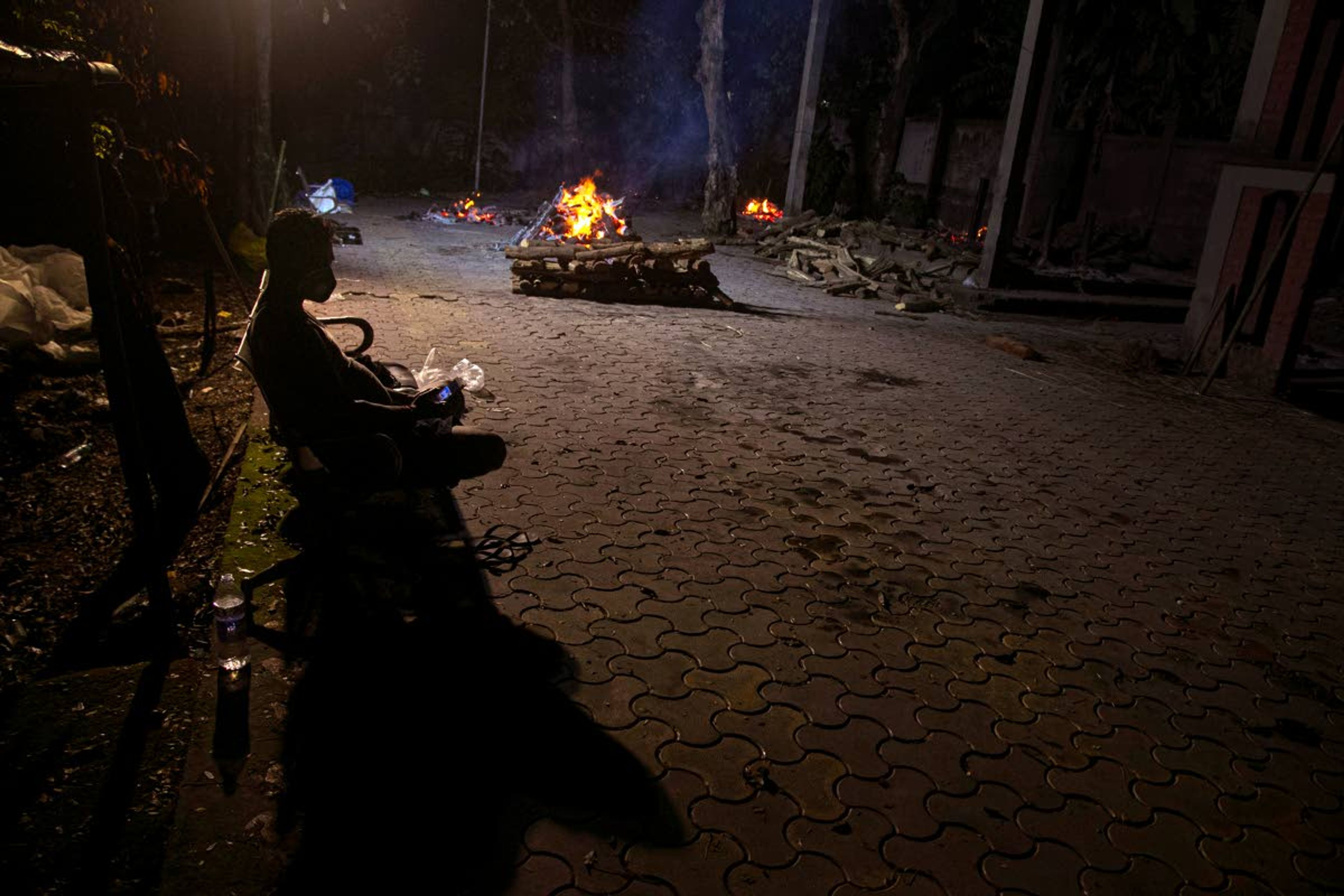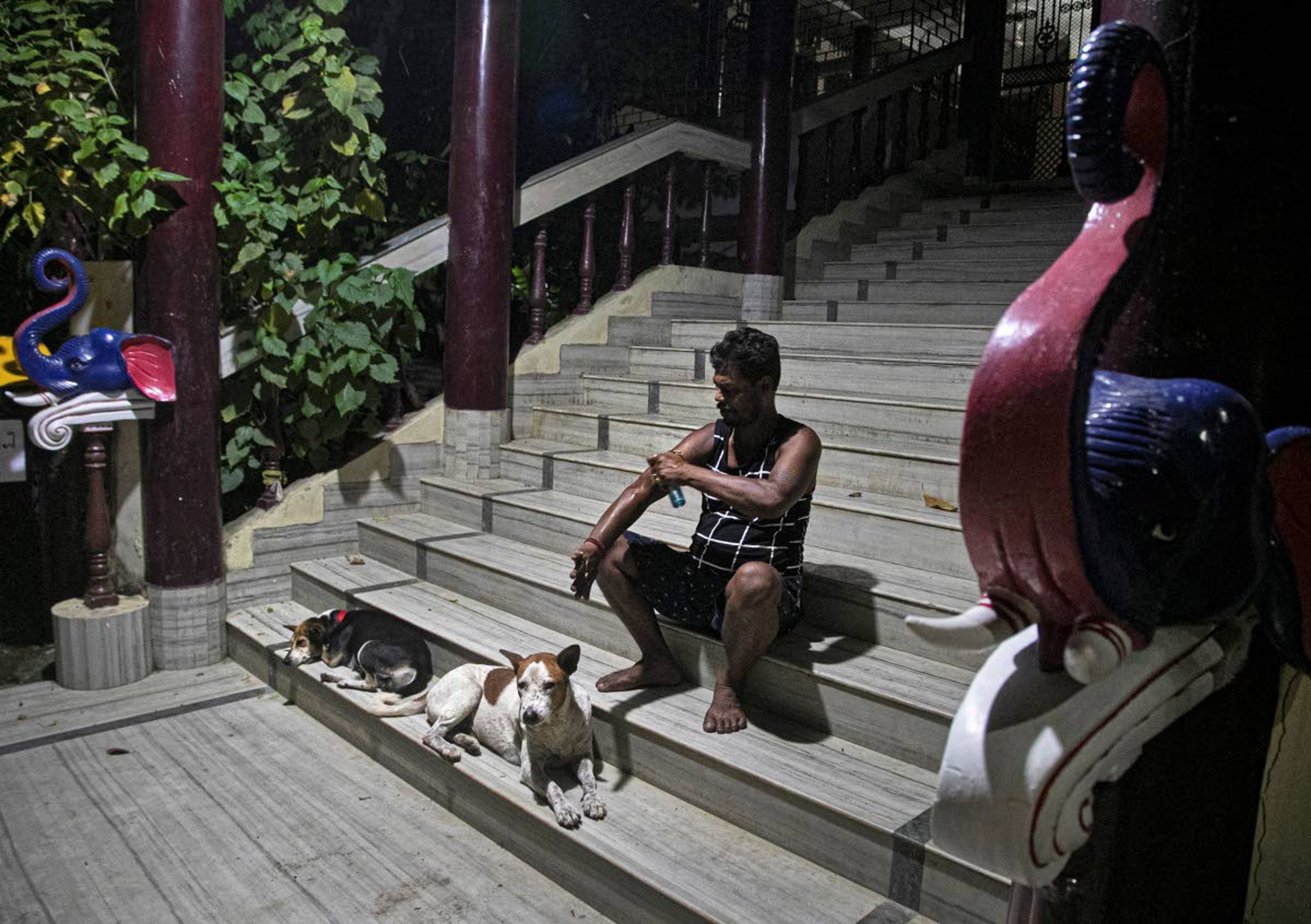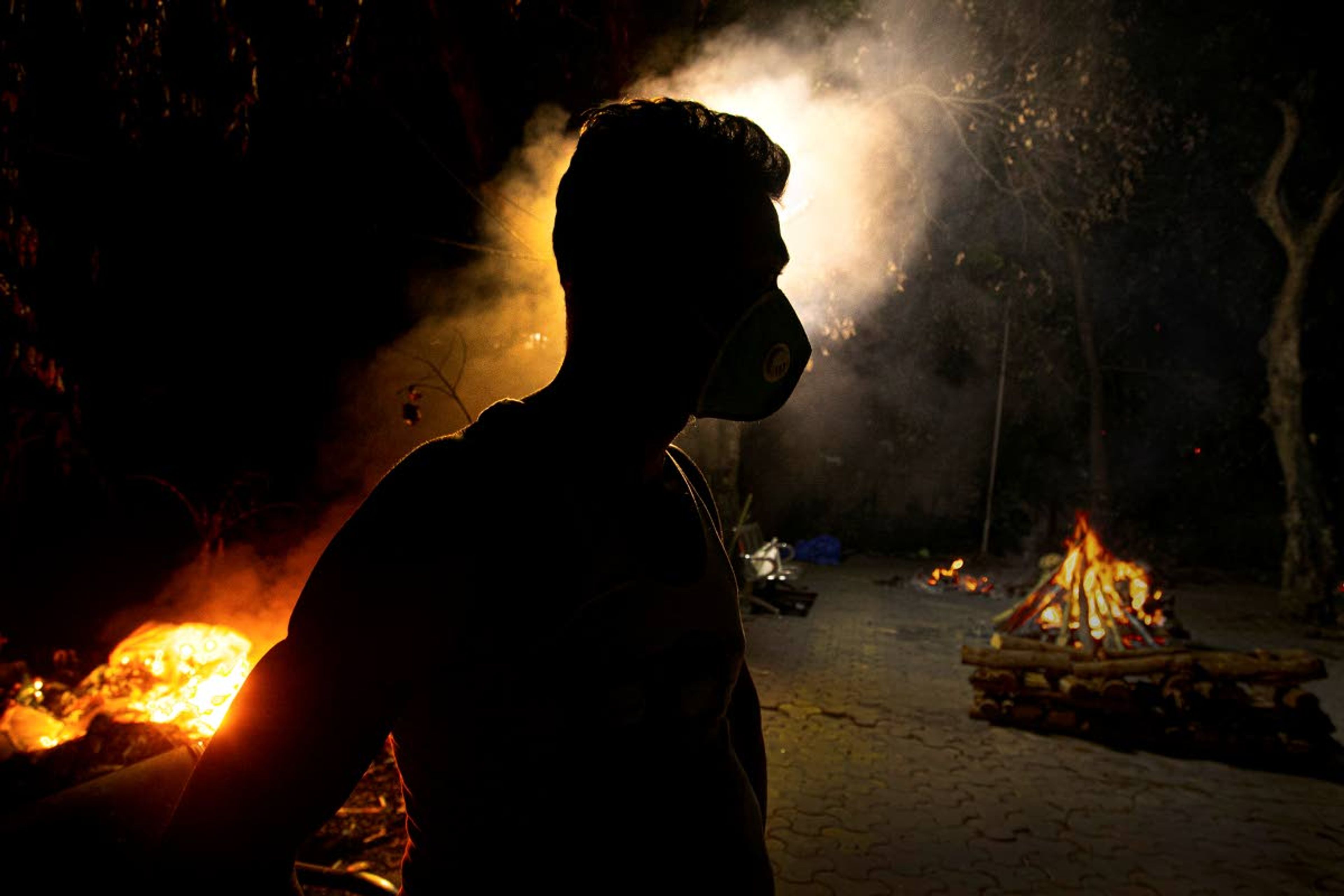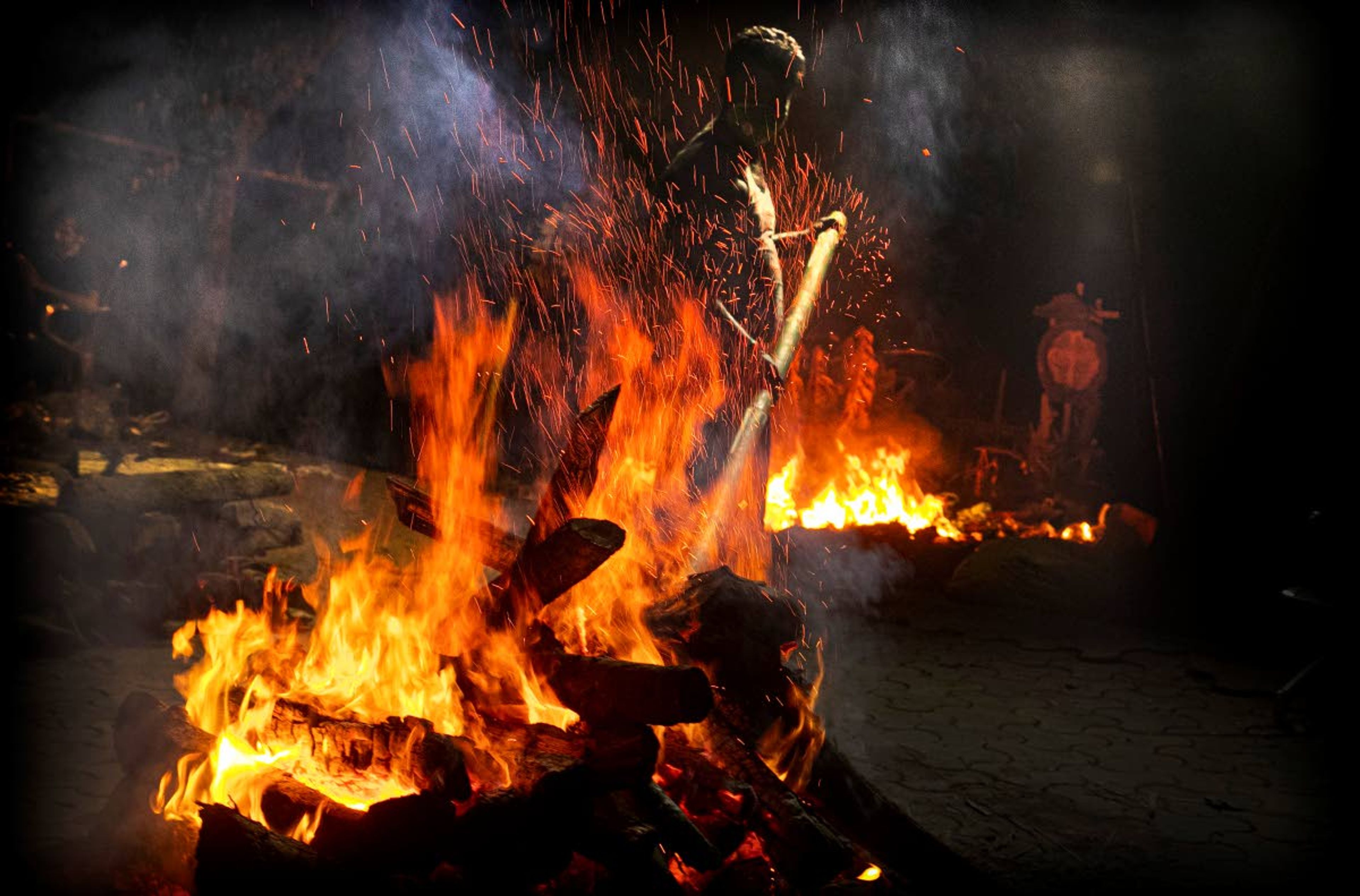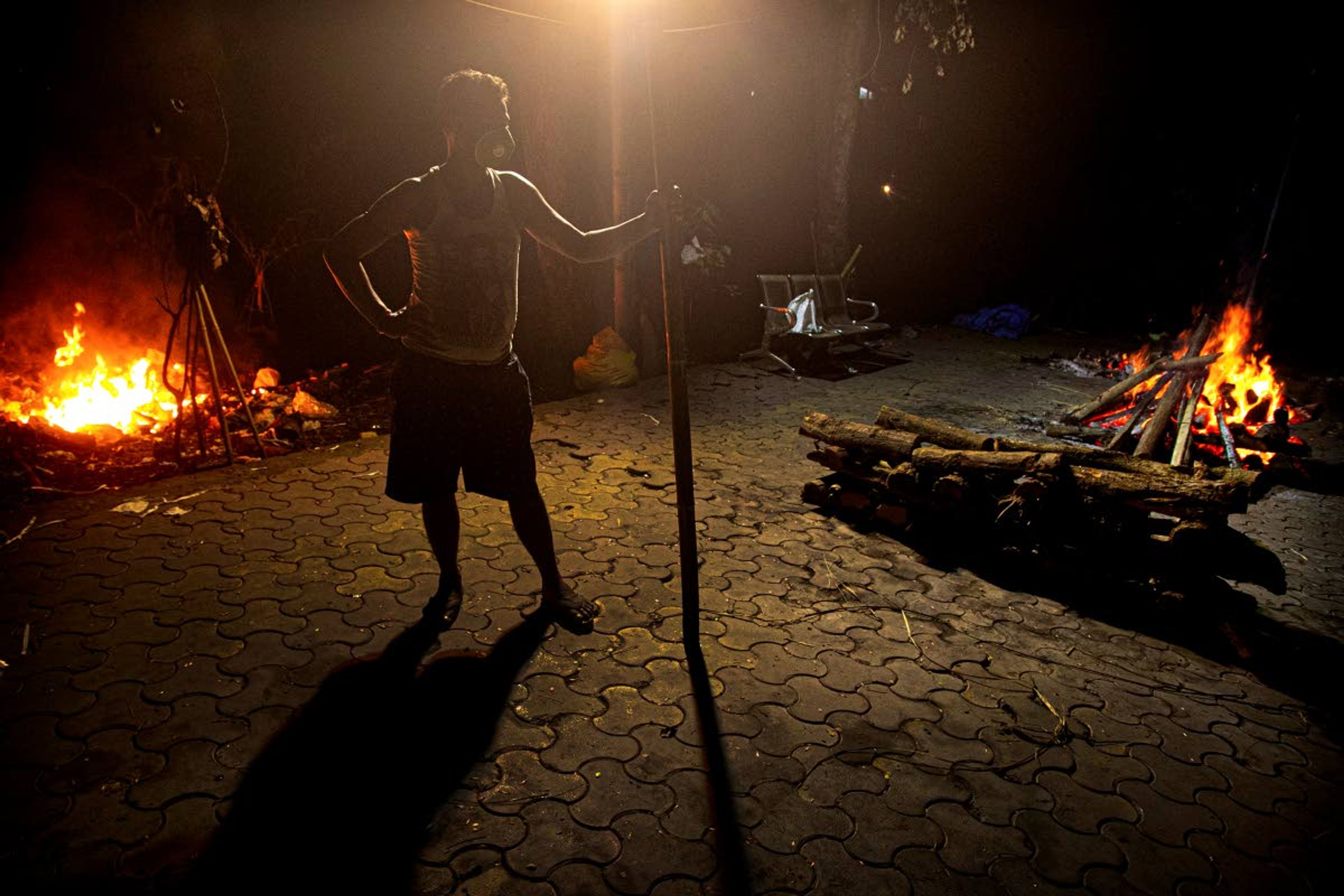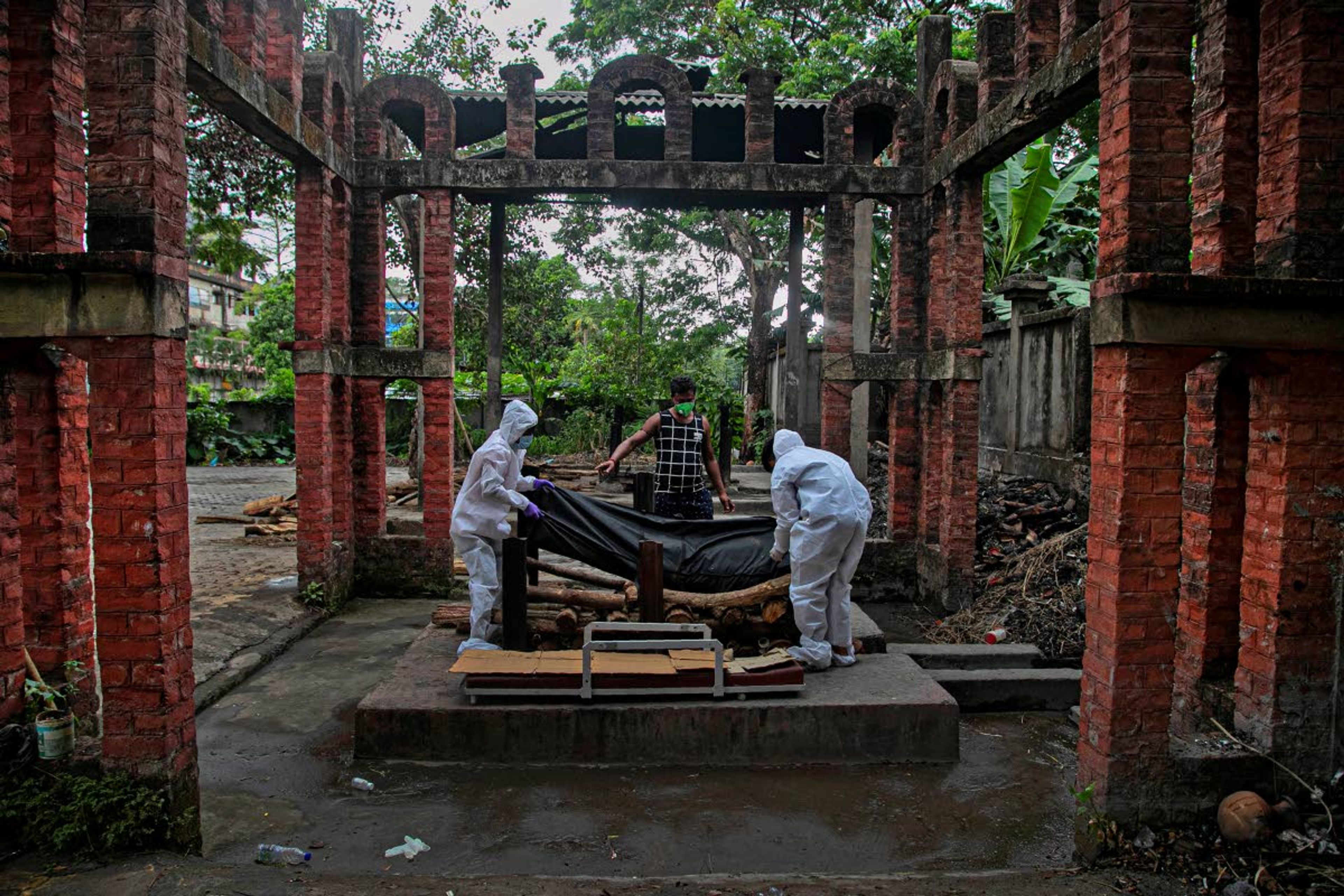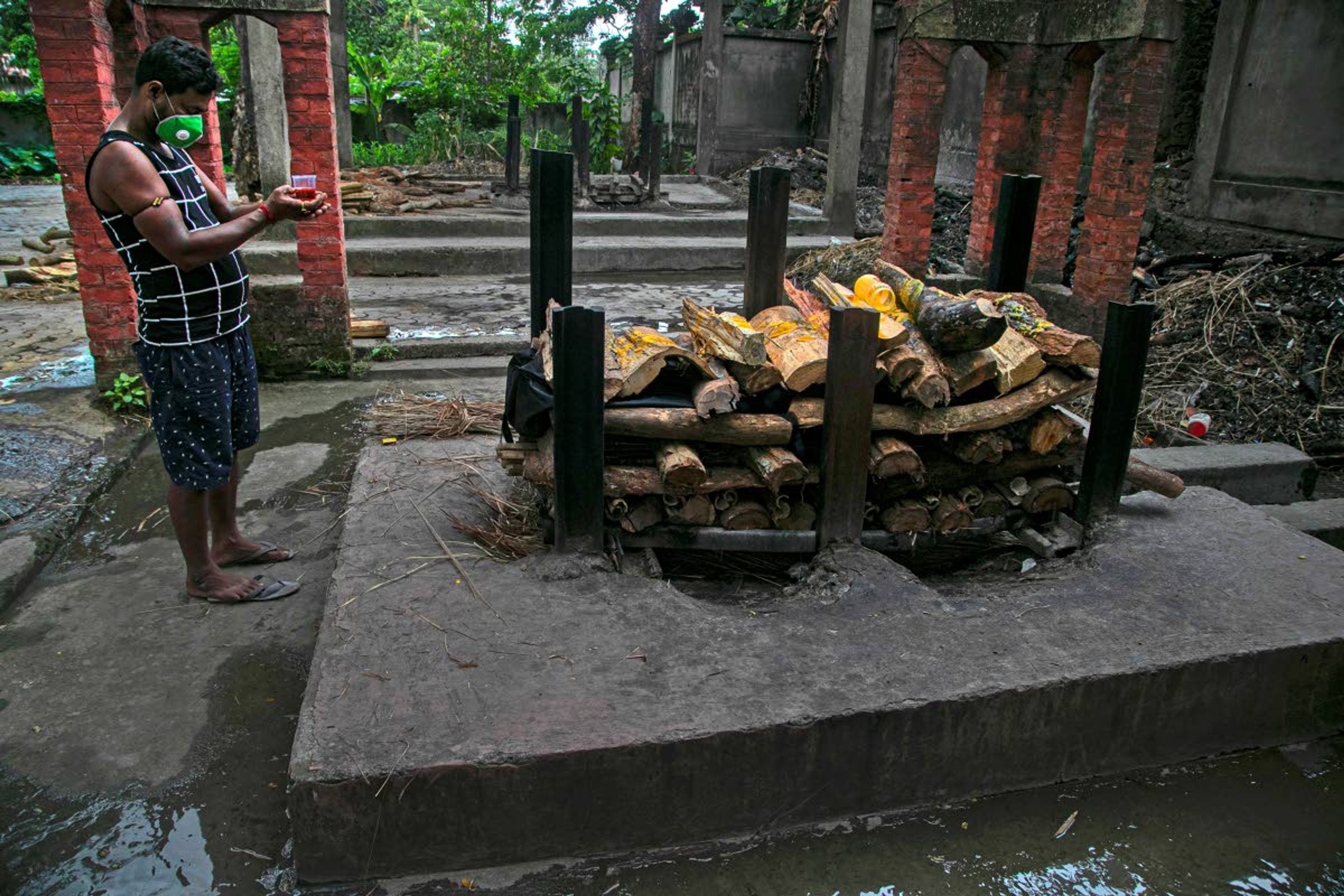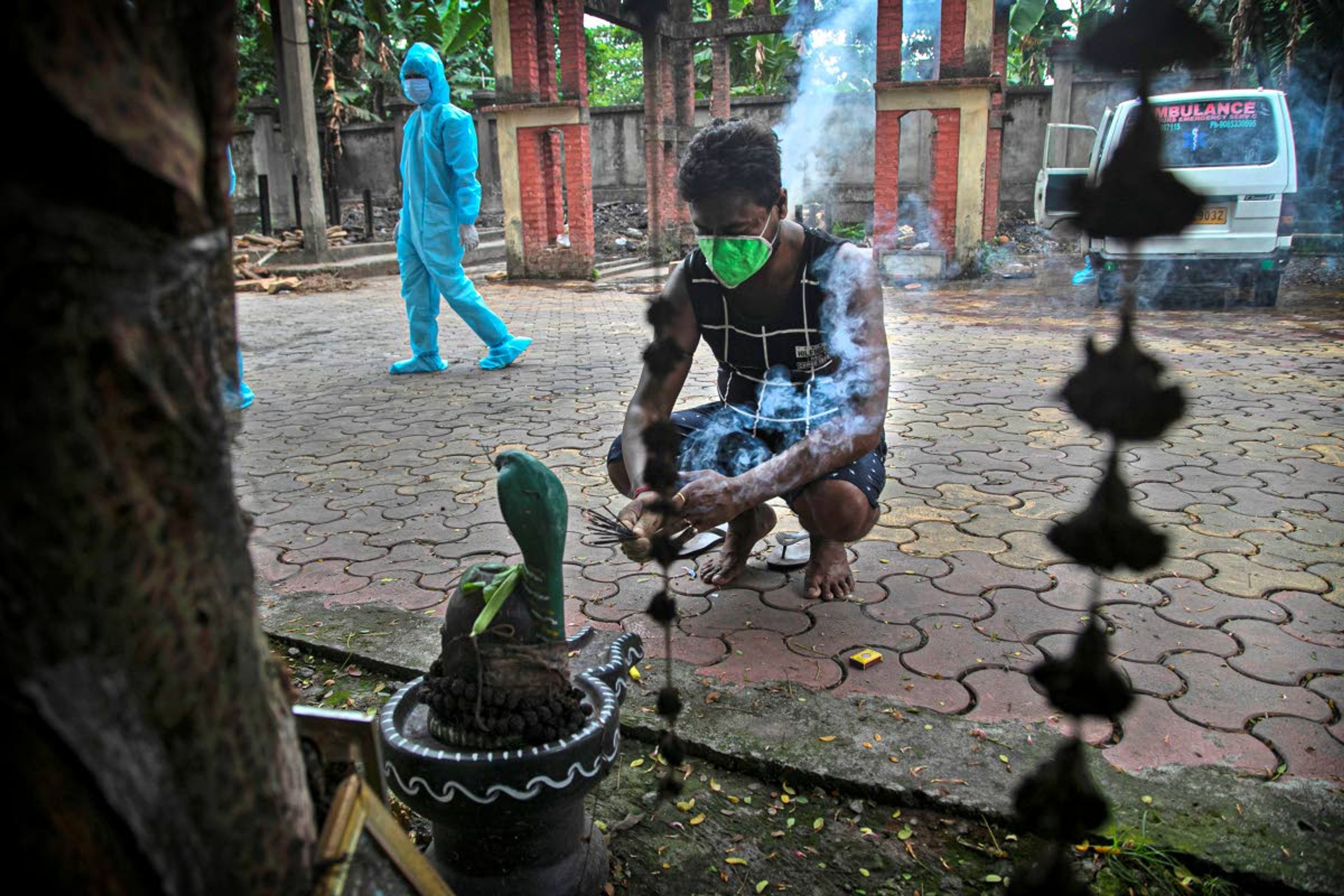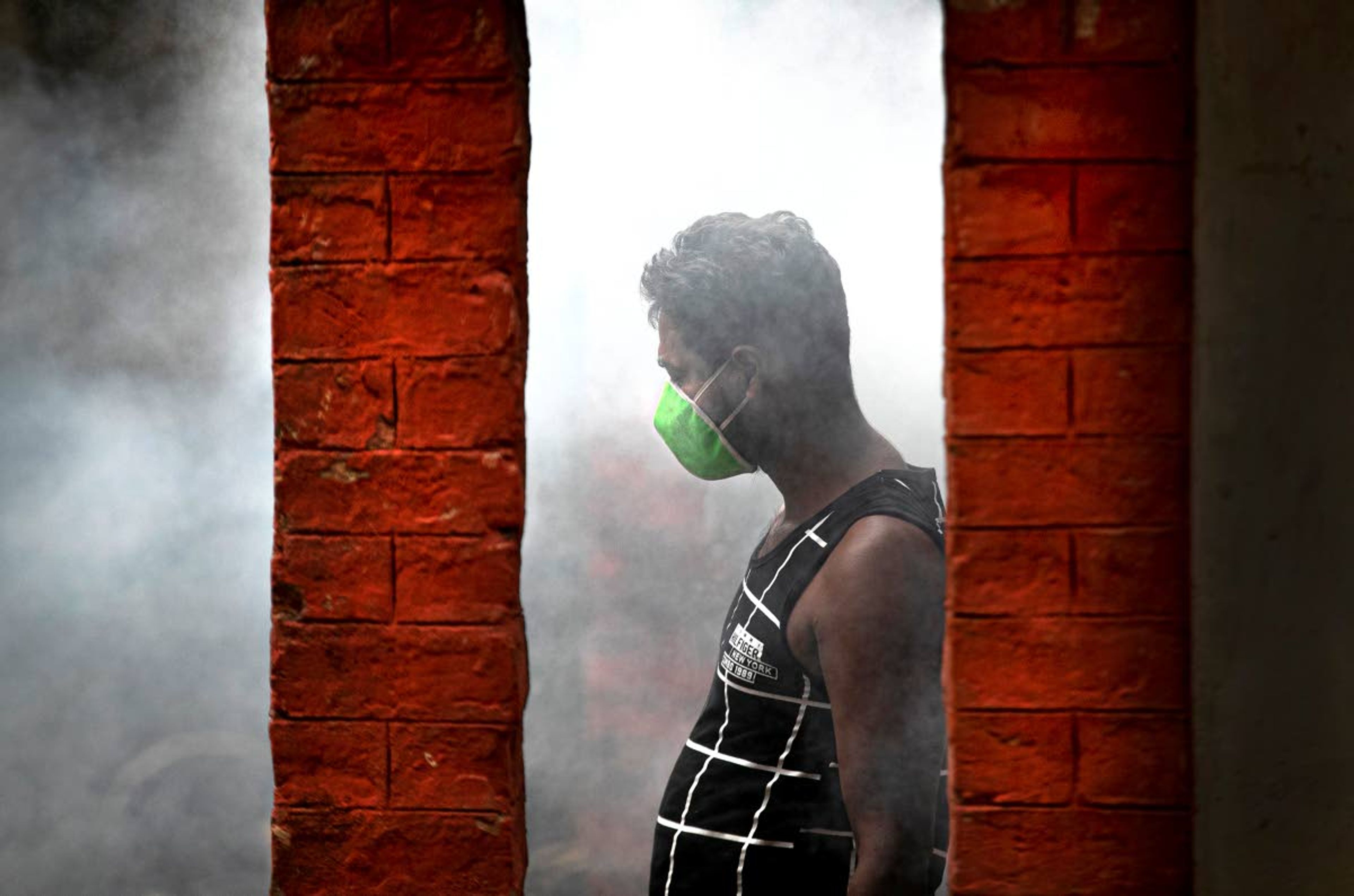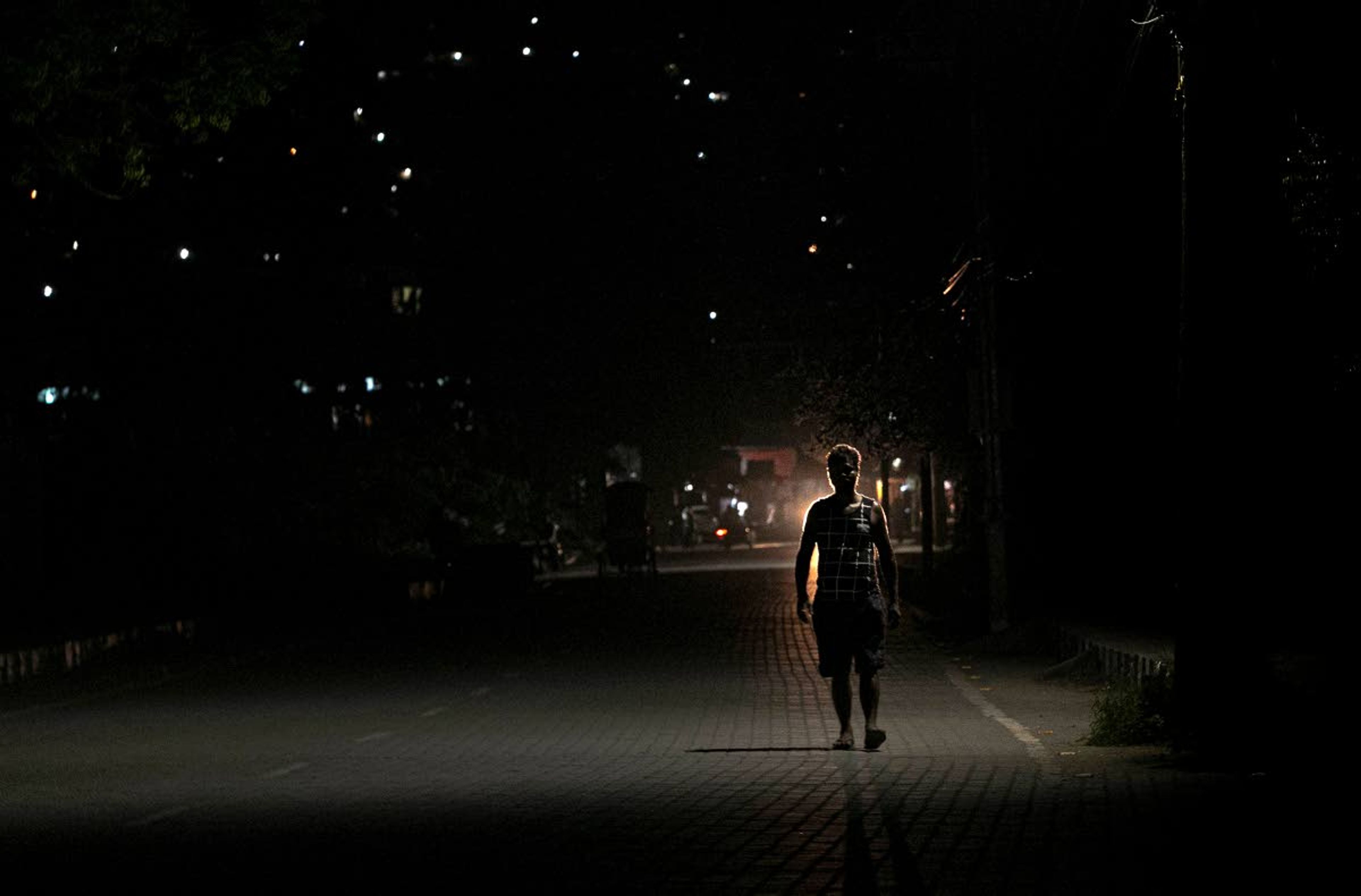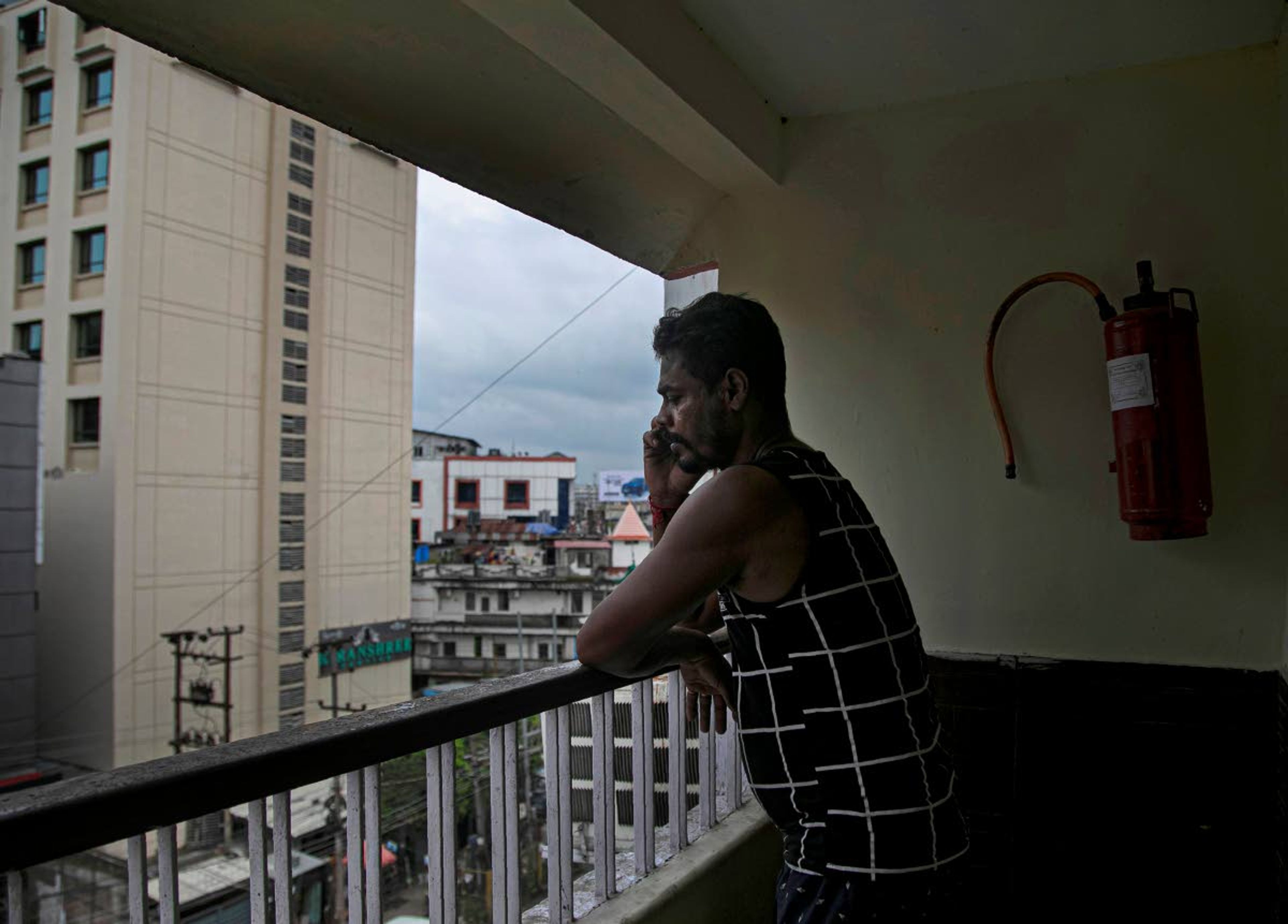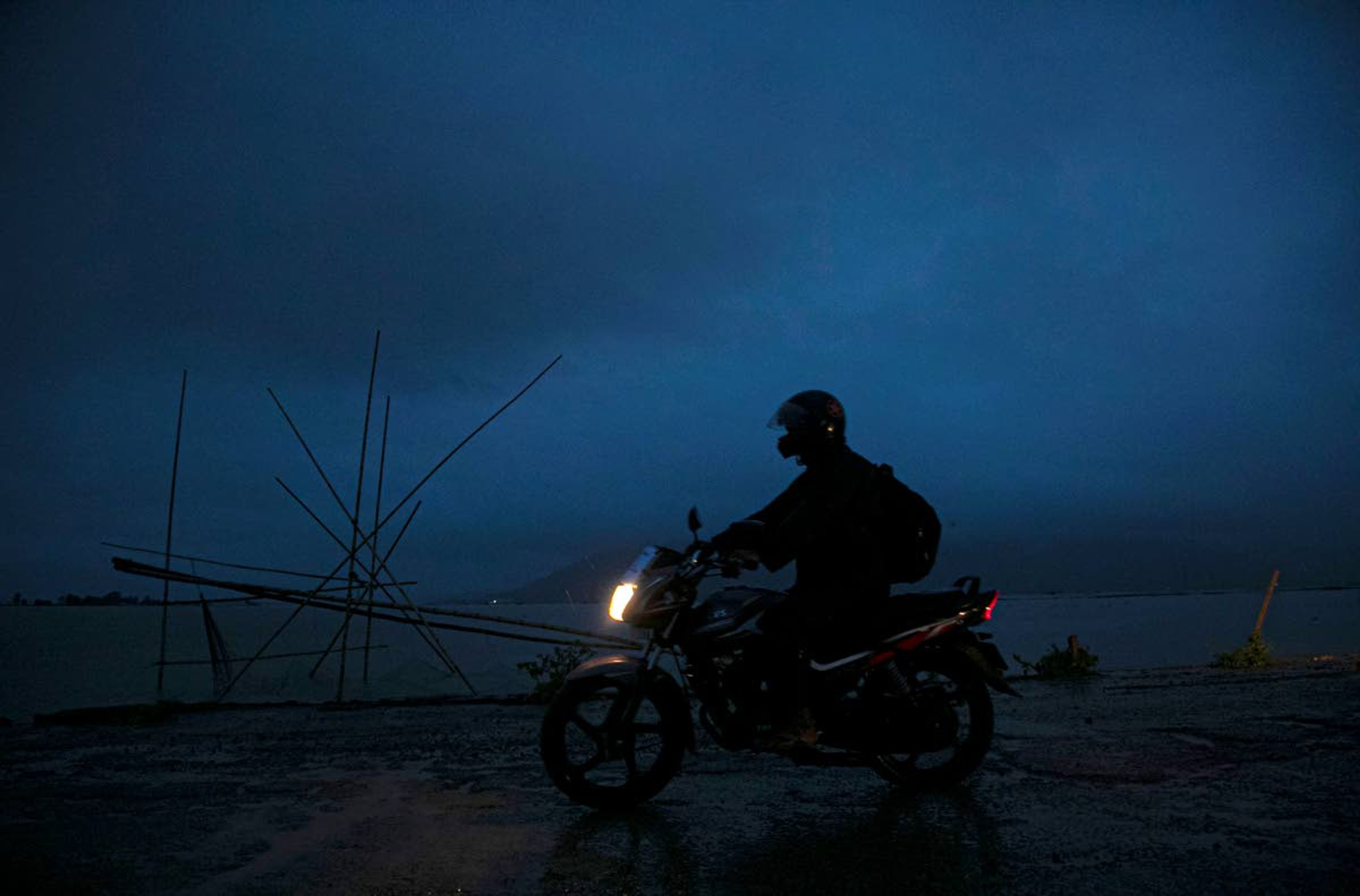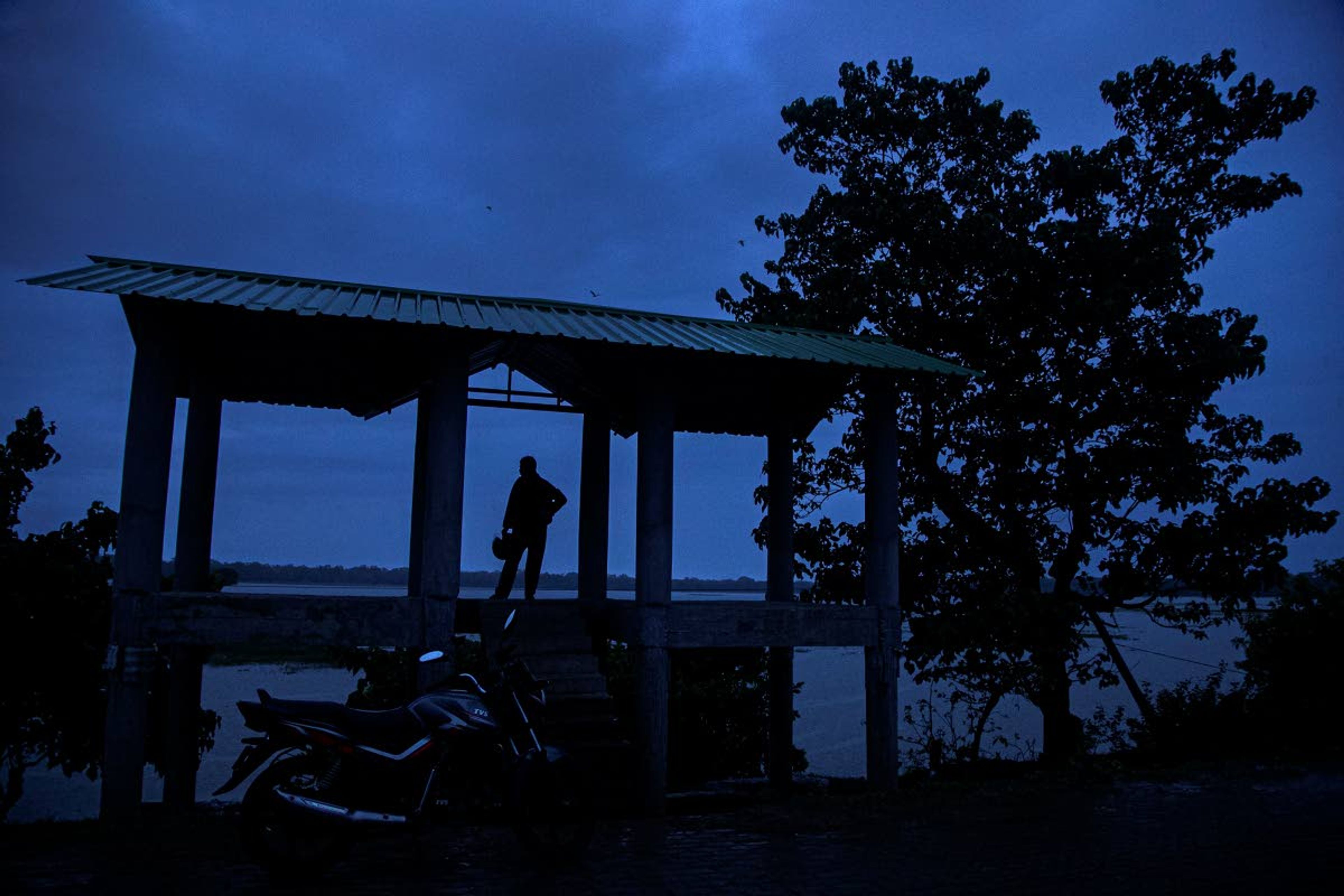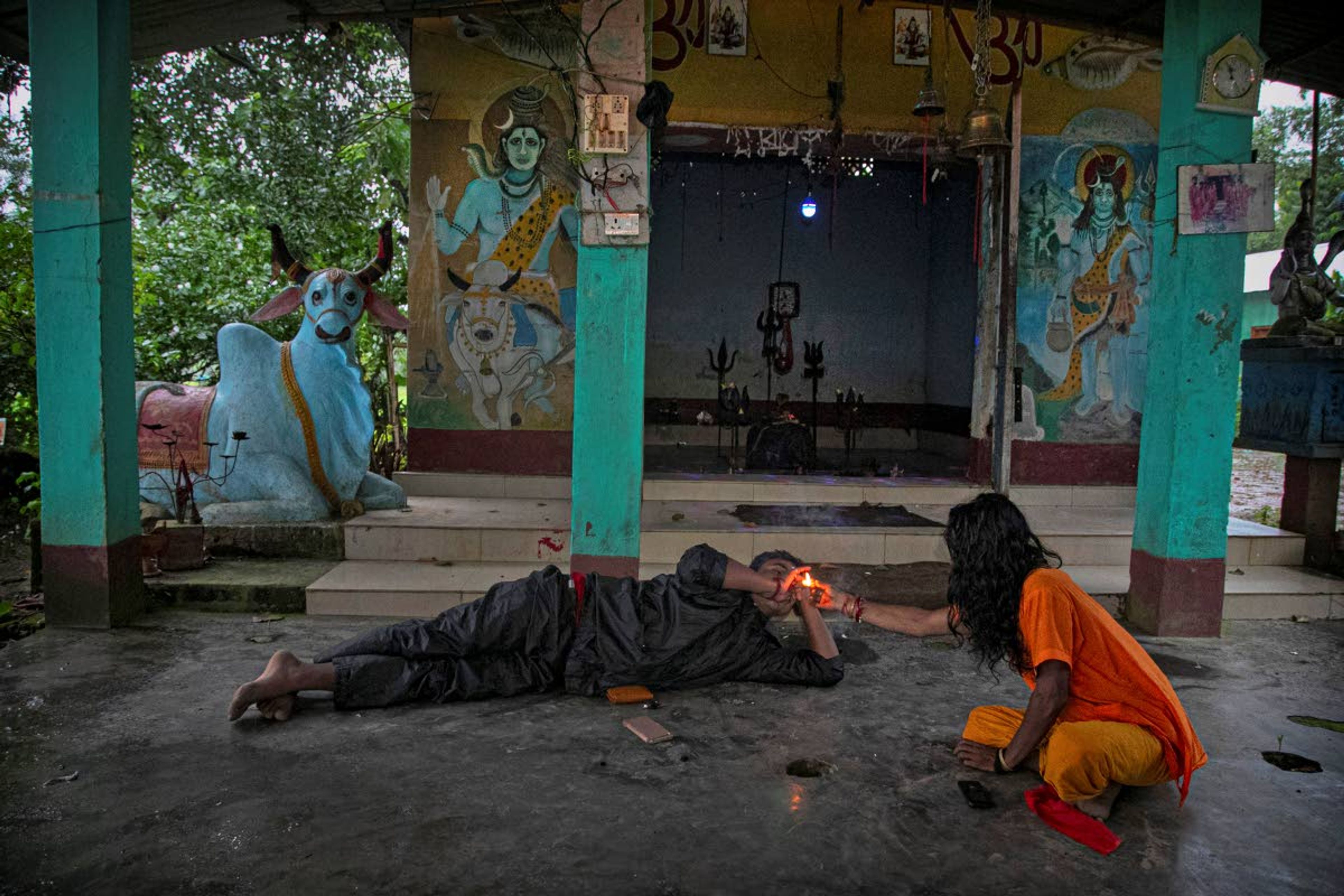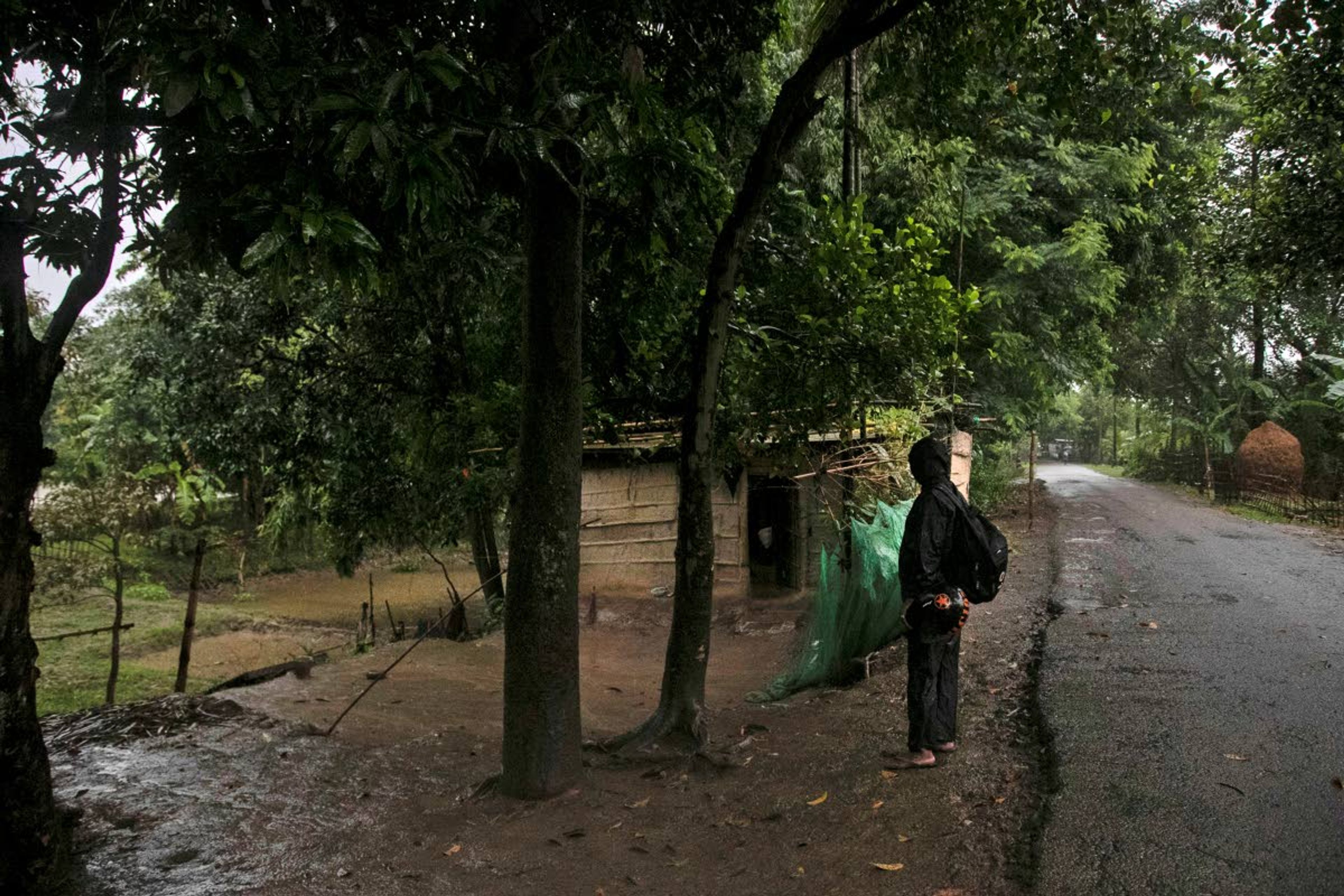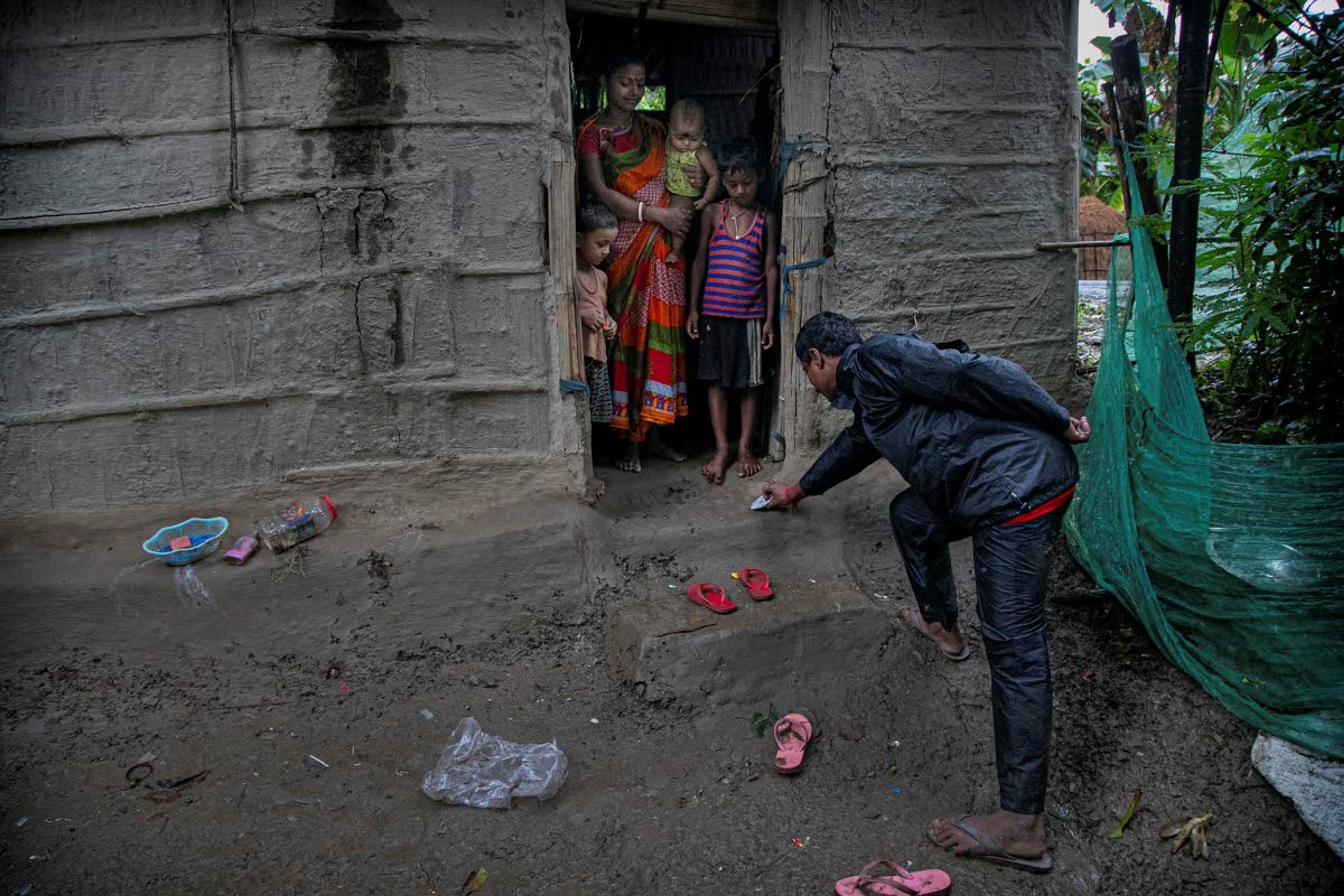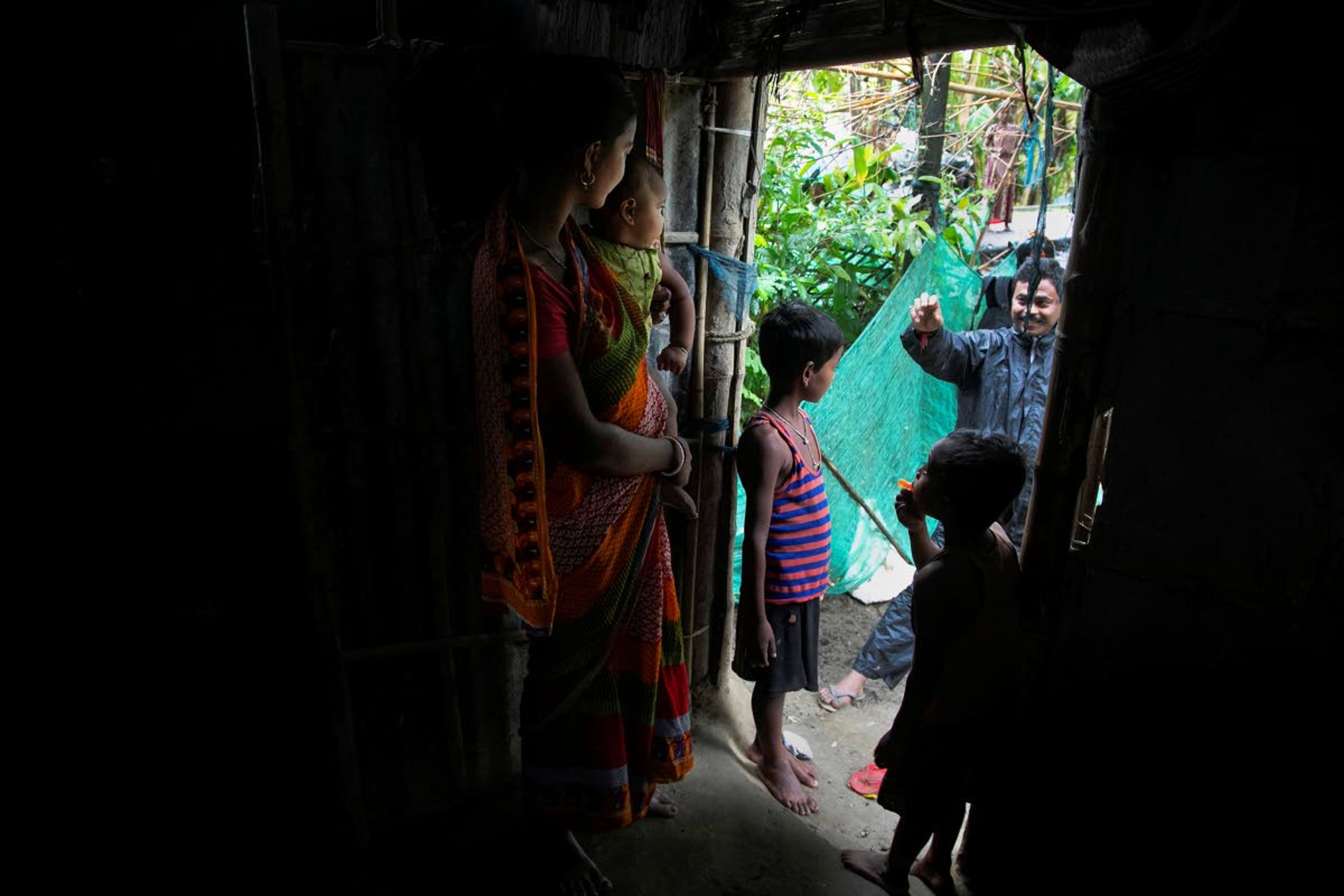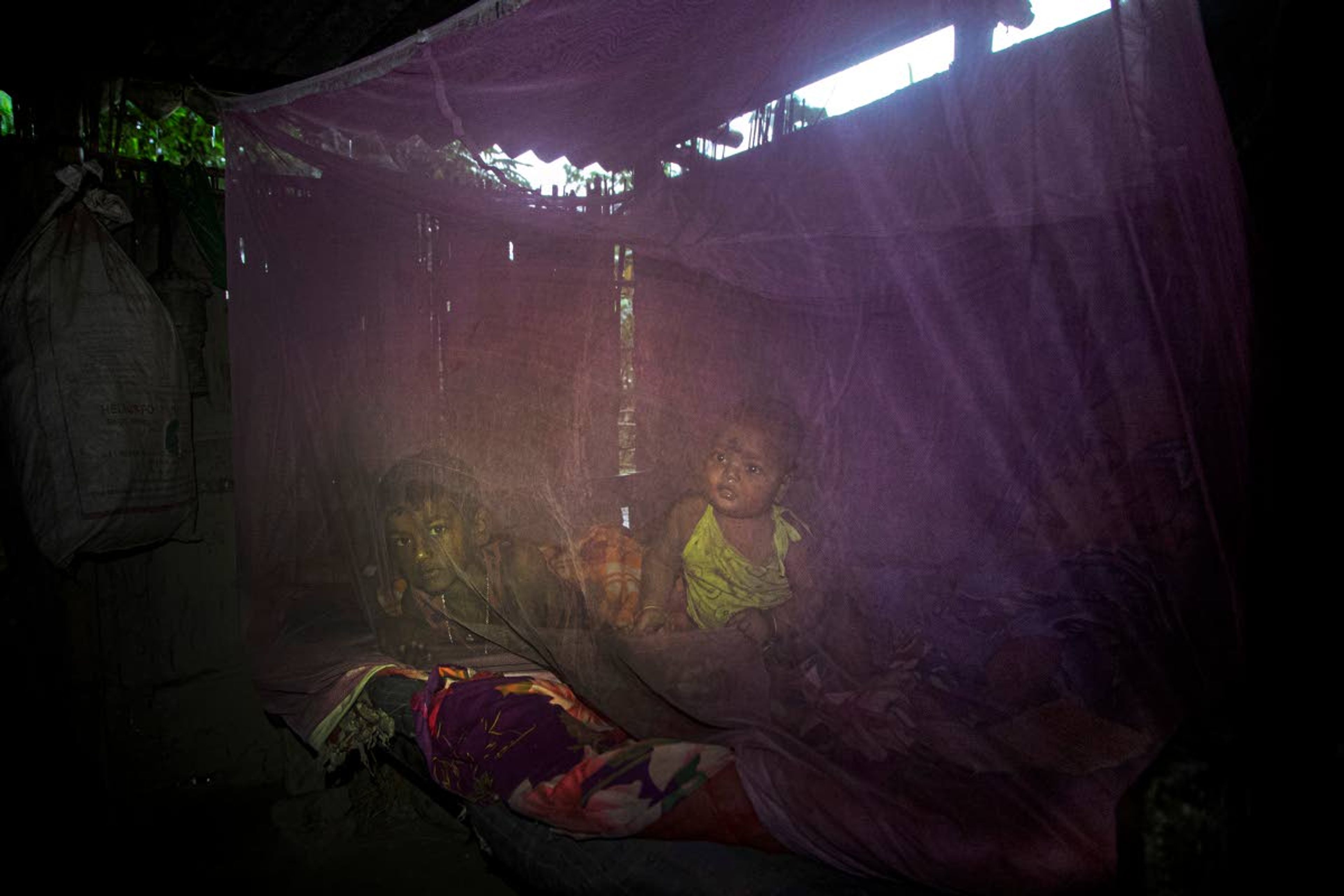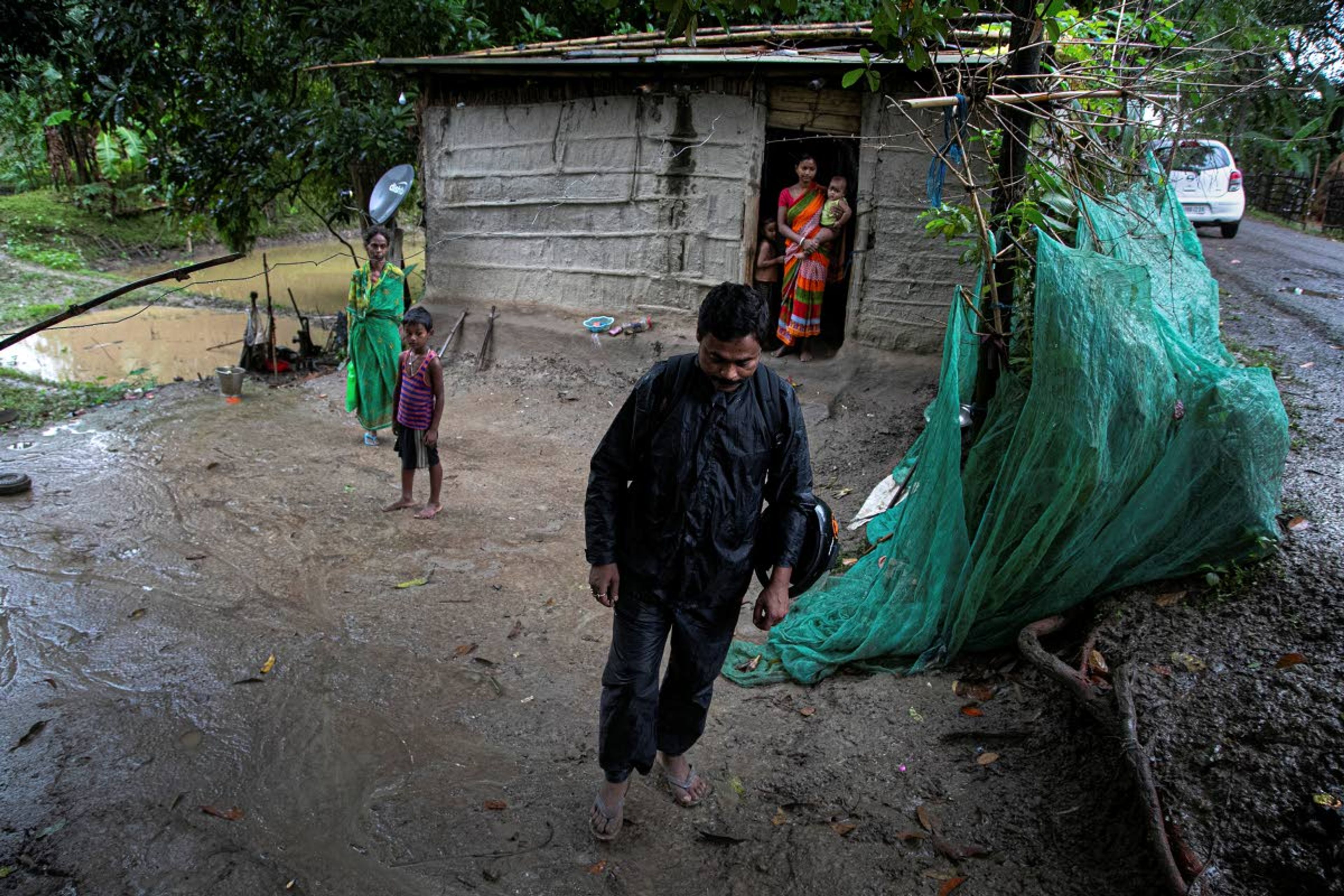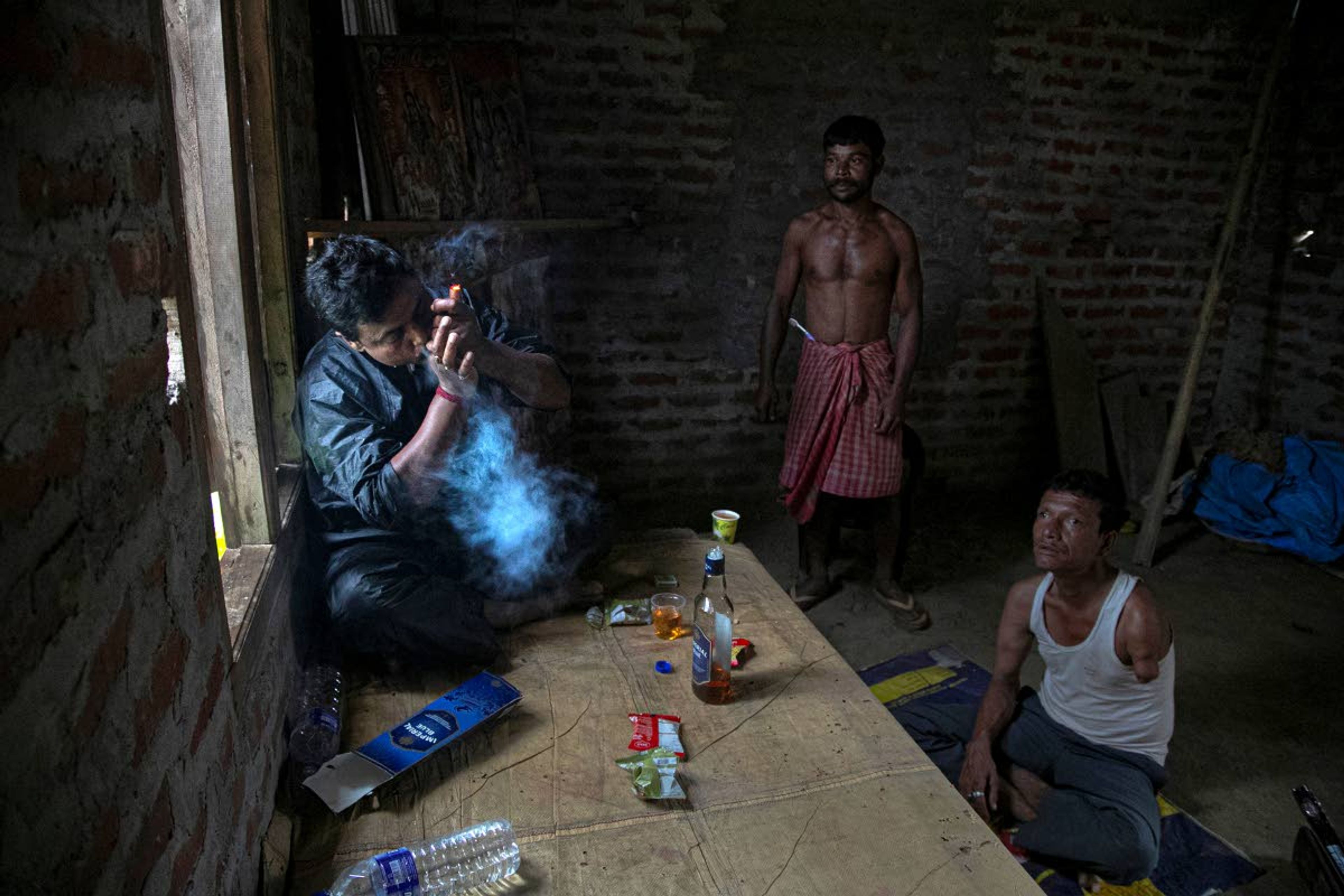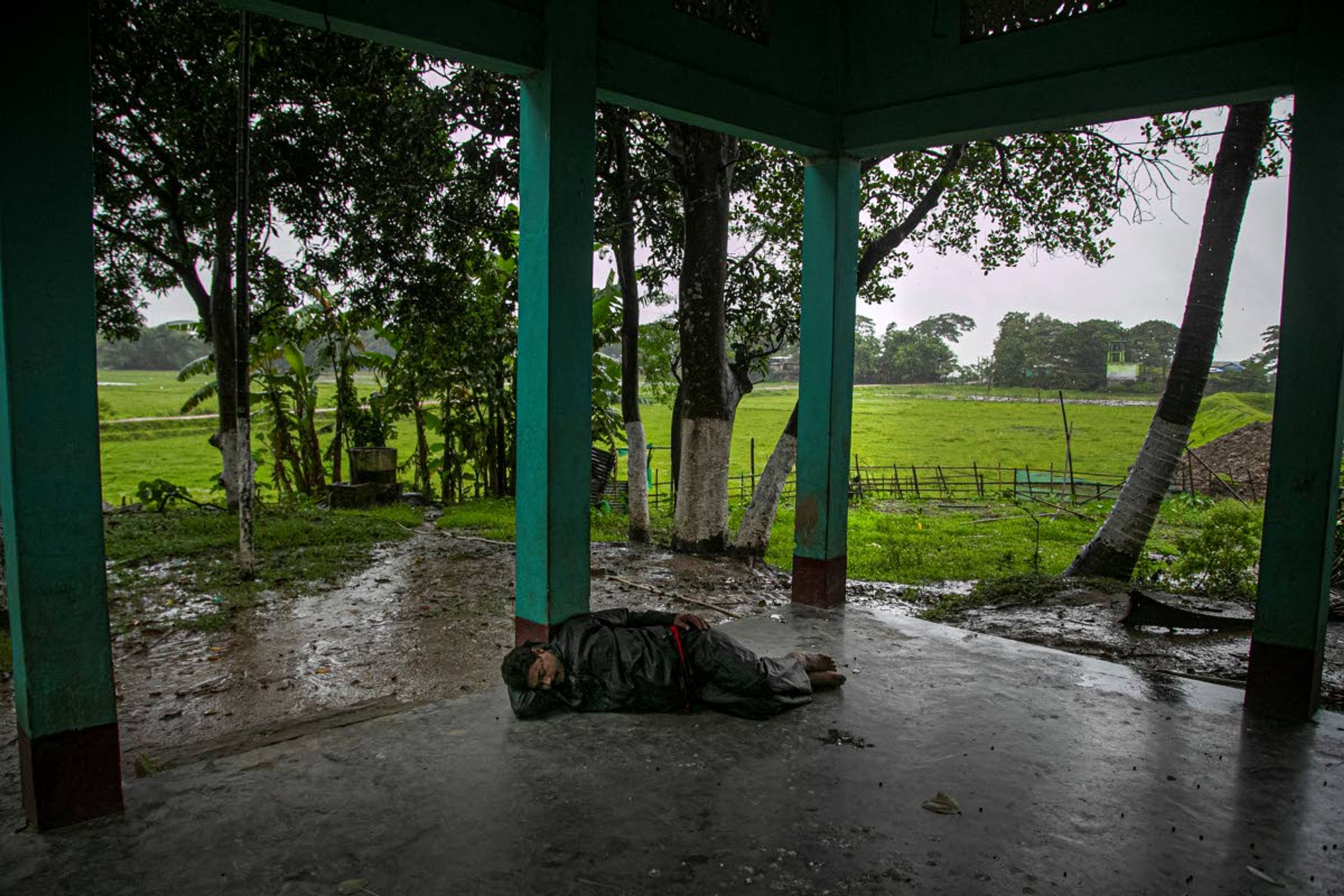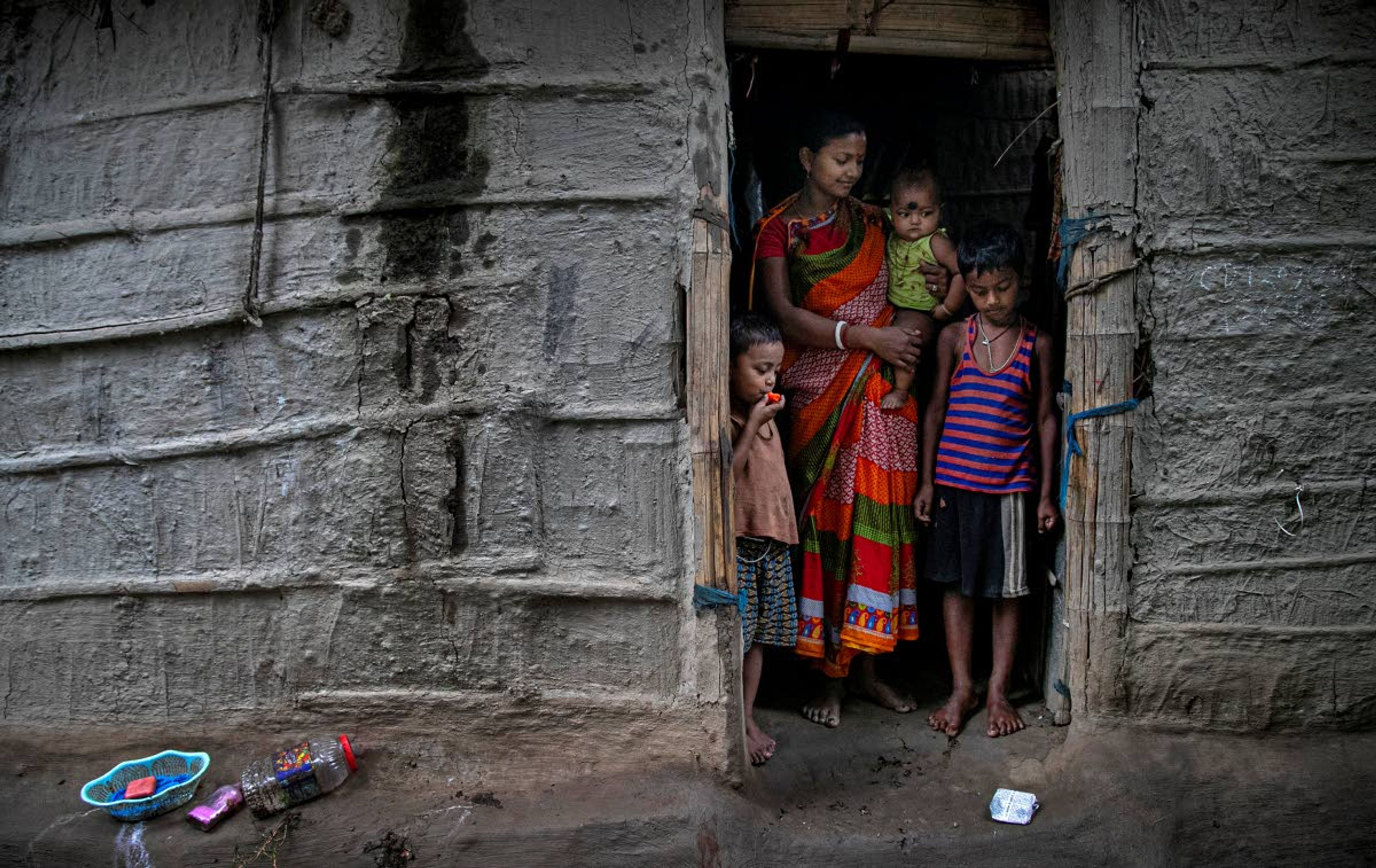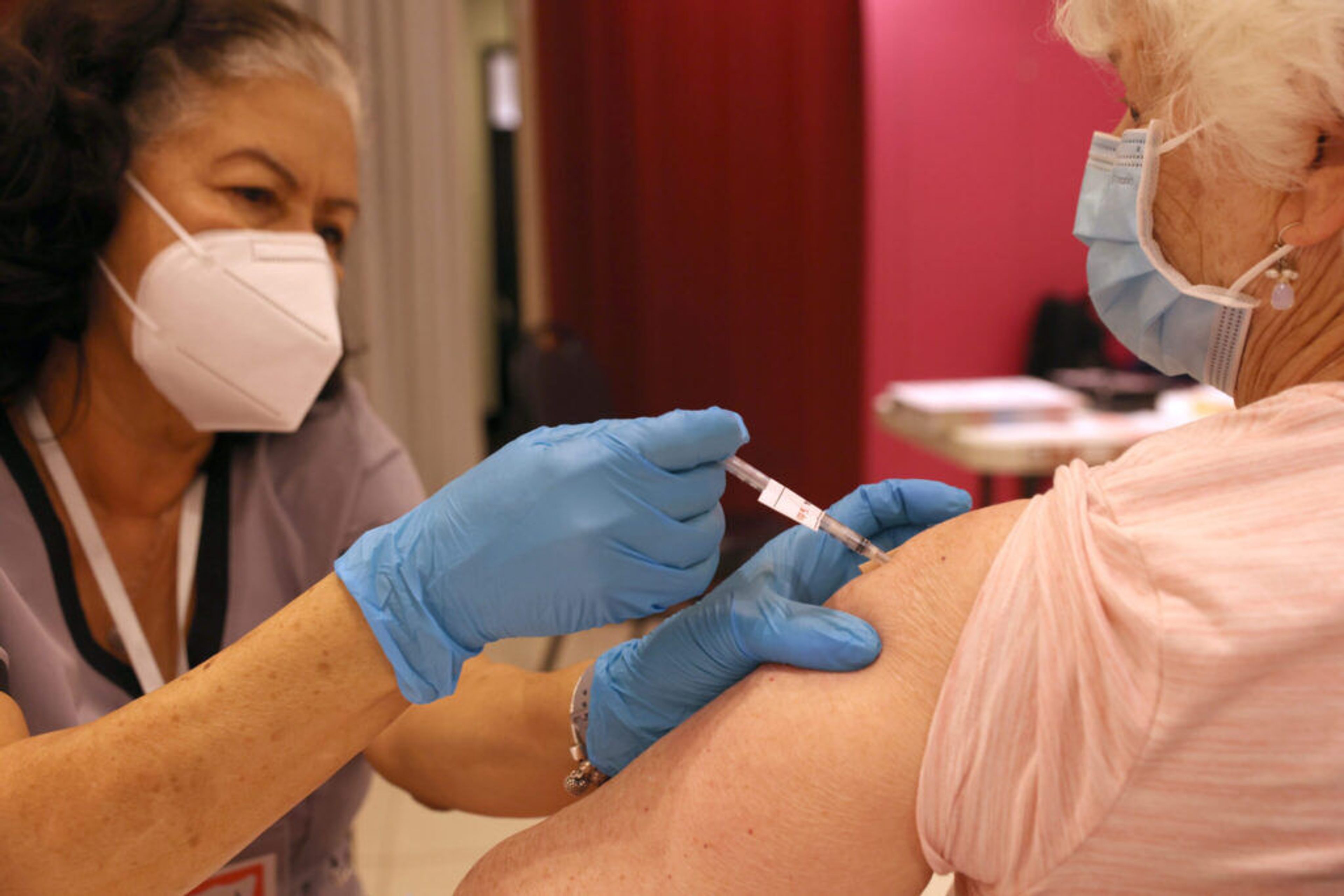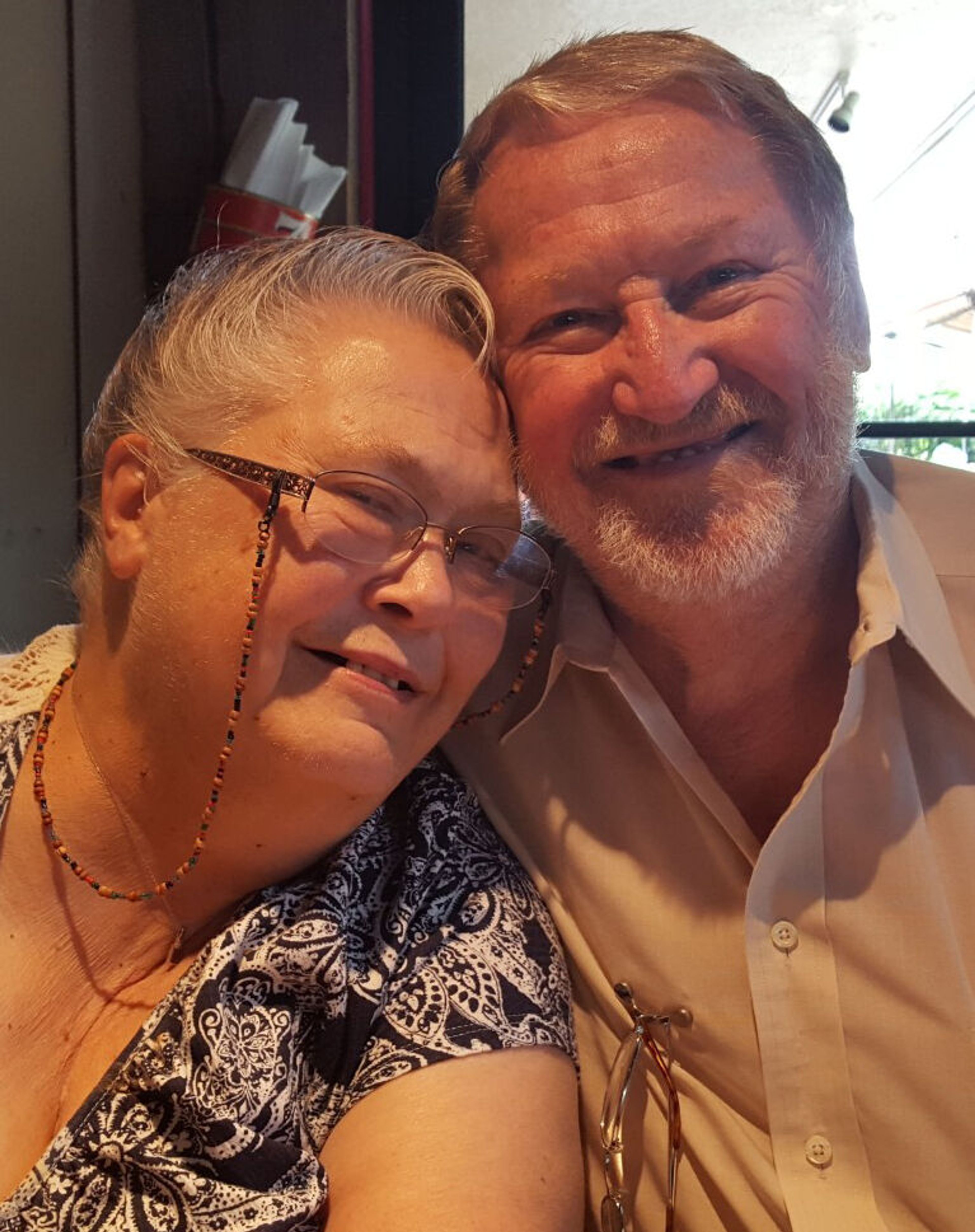‘I don’t understand why people hate me’
Shunned by many, Indian man carries on cremating virus dead
GAUHATI, India — Ramananda Sarkar never wanted to burn bodies for a living, but he was deep in debt and desperate for money.
The 43-year-old had fled his remote village in India’s northeastern Assam state after failing to pay back a loan he’d taken to start selling sugarcane juice on a wooden cart. But even in the state capital, Sarkar had trouble finding enough work. Then two years ago Sarkar walked onto a cremation ground in Gauhati and took up the job of lighting the funeral pyres.
While Hindu’s believe cremation rights are sacred and release the dead person’s soul from the cycle of rebirth, those who actually deal with corpses are looked down upon. It’s a stigma that’s only been made worse by the coronavirus, which has killed more than 100,000 people in India out of 6.4 million reported infections.
Sarkar thought he had come to terms with his reputation, finally telling his wife what his job was after hiding it for some time. But then in early May, he took part in what he thought was a routine cremation, not knowing that the woman had died of COVID-19.
When people learned the woman was a victim of the coronavirus, Sarkar’s acquaintances started shunning him. The humiliation came flooding back. State authorities put him under quarantine for a few days, but let him out as there was no one available to do his job at the cremation ground.
“I don’t understand why people hate me. Only because I burn the dead bodies?” Sarkar asked. “If I don’t do this, then who will?”
Sarkar volunteered and now works at a special cremation ground that local authorities designated just for victims of the pandemic.
With a mask on his face and a prayer on his lips, he cremates bodies brought in by a handful of relatives in protective suits, hurried affairs conducted with minimal rituals under the state government’s guidelines.
Assam state has reported more than 181,600 confirmed cases of the virus since the pandemic began and 711 deaths. Sarkar said he alone has cremated more than 450 COVID-19 victims.
Despite his vital community service, the impact on Sarkar’s own life continues to worsen.
When his landlord heard about Sarkar’s work, he told him he would have to move out. Thankfully a district official arranged a hotel room for him.
Sarkar was also stopped from returning to his village to visit his family, first by the village head and then, after local authorities intervened on his behalf, by the villagers themselves.
After a month and a half of not seeing his wife and three sons, Sarkar snuck into his village in the middle of a recent rainy night. He called out to his family from the road outside his house and was able to spend 15 minutes with them and leave them some money.
“I don’t want my sons to become cremators like me,” Sarkar said. “I want them to go to school and become good human beings and earn respect from the society, not like me who has to meet his family in the dark.”
On his way back to the city, Sarkar decided to stop at a nearby temple to rest, but he was soon told to leave by temple officials.
Sarkar made it back to the cremation grounds and said despite the personal cost — which includes the risk of infection — he will continue to light the funeral pyres of those who have lost their lives to the virus and he will honor them as best as he can.
“I may die of COVID-19, but I don’t care,” he said. “I will do my work sincerely till the end.”
